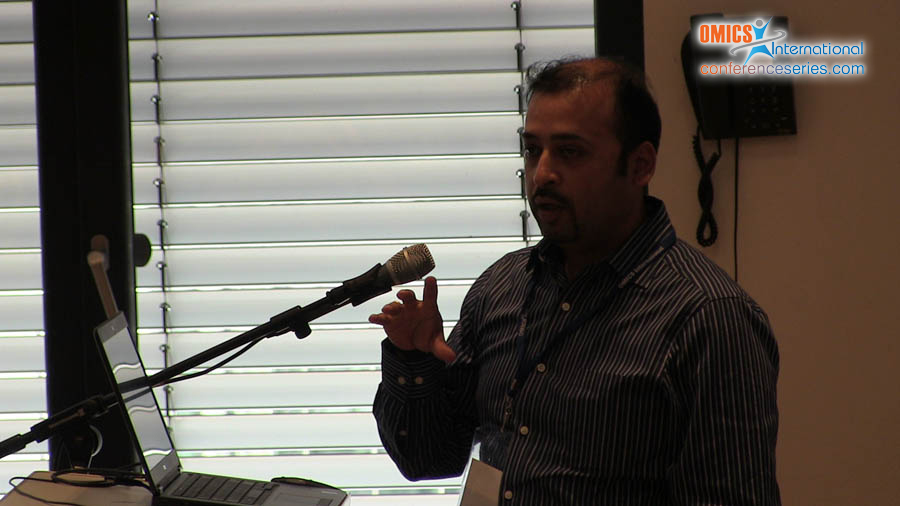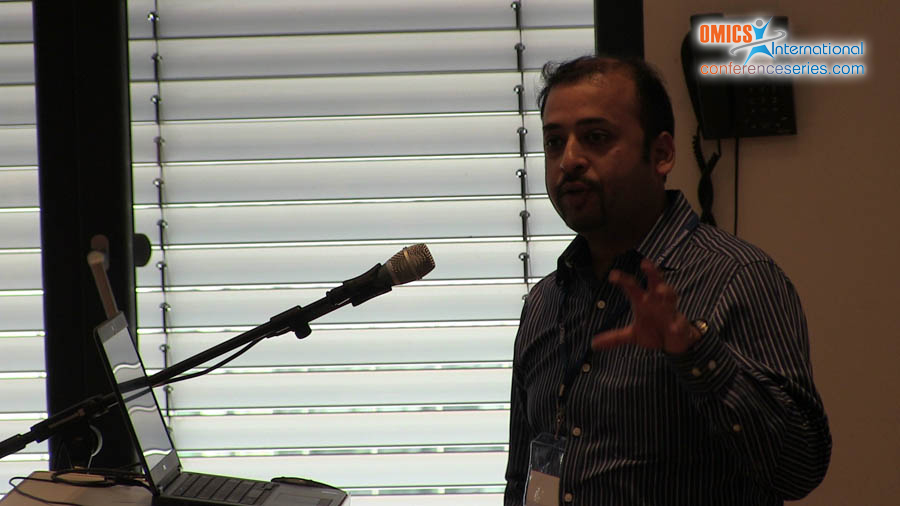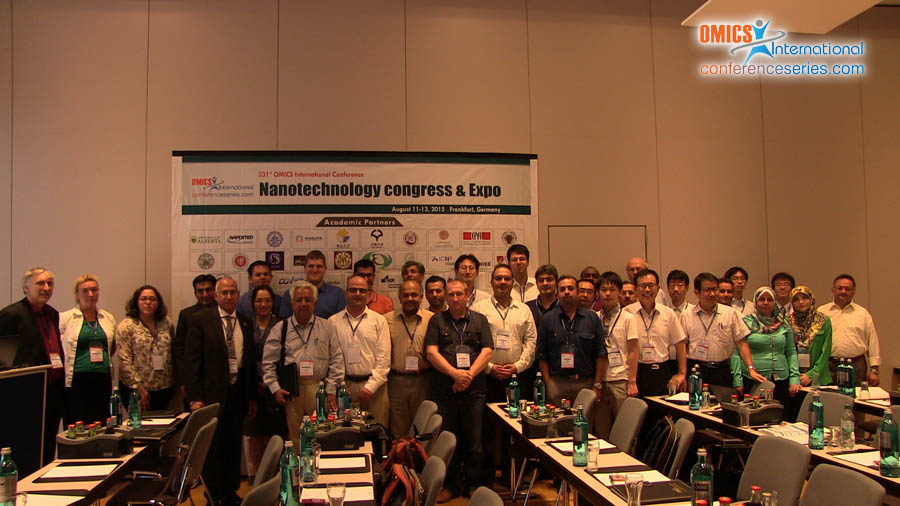
Anand Gadre
University of California, USA
Title: Functionalized polymeric electrospun nanoscaffolds for bone regeneration and tissue healing
Biography
Biography: Anand Gadre
Abstract
There is currently an unmet need for an optimal biomaterial that can substitute for autograft bone or serve as a temporary matrix that can induce regeneration of native bone at implant sites. Developing scaffolds that mimic the architecture of bone tissue at the nanoscale level and that parallel the physical properties of bone tissue in the categories of mechanical strength, pore size, porosity, hardness, and overall three-dimensional (3D) architecture is one of the major focuses in the field of tissue engineering. Our specific objective is to design 3D synthetic biodegradable scaffolds comprising electrospun nanofibers that will not only be osteoconductive but also contain porosity for bone cell ingrowth enhanced with Mesenchymal Stem Cells (MSCs) and a sufficient amount of bioactive ingredients such as Demineralized Bone Matrix (DBM) that would serve as a more conducive framework for cell adhesion, proliferation, and differentiation. Our central hypothesis is that the MSCs can migrate inside the functionalized 3D nanoscaffold to produce abundant extracellular matrix and differentiate into bone cell lineages, and that incorporation of DBM into the network of nanofibers will enhance osteogenesis and bone formation. The rationale for the proposed research is that if such complex constructs can mimic the native in vivo microenvironment, they could provide a promising nanotechnology based surgical tool for bone tissue engineering directed at orthopedic and bone tissue clinical applications.



